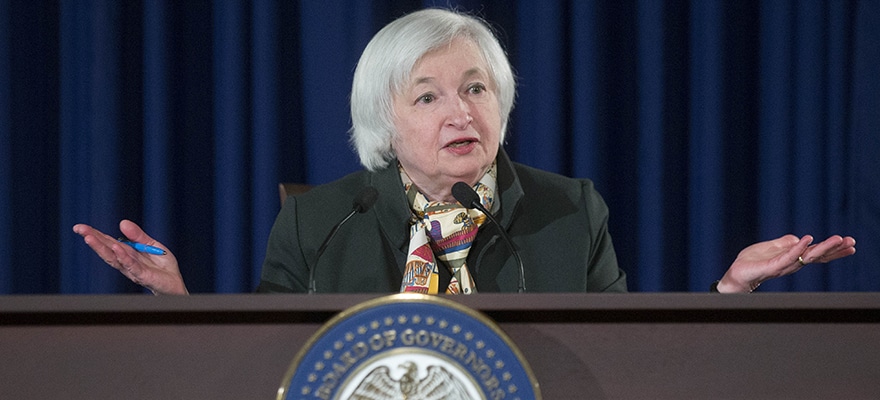The slew of dismissals in the wake of the FX market manipulation scandal is coming home to roost for a number of banks. Indeed, as banks came under investigation by UK and US regulators, subsequently incurring some $10 billion in fines, many big banks began a perhaps over-zealous bout of firing embroiled FX traders.

The dismissals may have been too much of a knee-jerk reaction from banks, who sought to save their reputations. Indeed, a number of those fired forex traders have taken legal action against their former employees, claiming that they were unfairly dismissed.
The newest case of a disgruntled former employee is that of Ian Drysdale, a senior FX trader who was suspended from the Royal Bank of Scotland (RBS) in February 2014 and later dismissed. He has filed a claim at a London employment tribunal against RBS for unfair dismissal and breach of contract, according to Reuters.
The Central London Employment Tribunal said in a filing that the hearing is scheduled to start on September 28 and will run for three days.
Indeed, the repercussions of the trials will likely be a further headache for the banks, who doubtless just want the issue to go away. Only last week, Perry Stimpson highlighted many of the plaintiffs' concerns that the sharing of client information was widespread and condoned by senior management.
He went on to tell the East London Employment Tribunal that senior Citigroup staff manipulated the sterling rate to sink $35 million in illicit profits on an M&A deal that the bank was handling.
RBS, which has been heavily bailed out by the British government and remains 73% under public ownership, has been hit hard by $1.3 billion in fines related to market manipulation.
The new case by Mr Drysdale may come as somewhat of a surprise, as the bank was forthcoming in announcing that it was conducting enhanced investigations into the Forex rigging scandal. RBS has said that in total it has dismissed three employees and suspended another two in relation to the scandal.


















